Lists








8 Books
para leer
Sort by:
Recent Desc
More lists by Asis



para jugar
List includes: The World Ends with You, Neverwinter Nights, Xenogears
February 2023
0
@Asis



para escuchar
List includes: Drowning Pool, Hidden Brain, Alice Isn't Dead
February 2023
0
@Asis



para ver de nuevo ;p
List includes: Breaking Bad, The Wire, Agents of S.H.I.E.L.D.
August 2021
0
@Asis



Late 2021
List includes: David Bowie, The Smiths, Prince
August 2021
1
@Asis
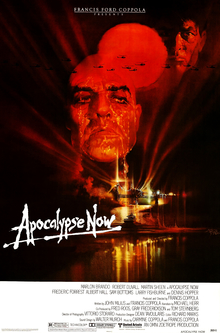
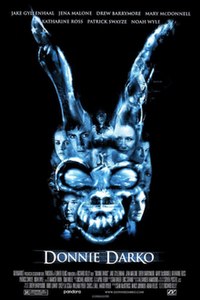
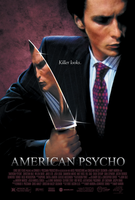
para ver
List includes: Apocalypse Now, Donnie Darko, American Psycho
June 2021
0
@Asis



Bookmarks
List includes: Catch-22, Vampire: The Masquerade - Bloodlines, Cyberpunk 2077
May 2021
0
@Asis
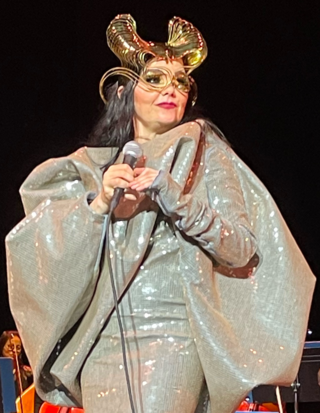


dys
List includes: Björk, NieR: Automata, Neon Genesis Evangelion, Vol. 1
May 2021
0
@Asis
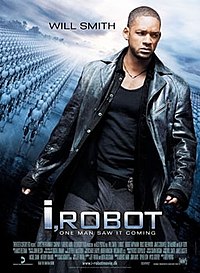

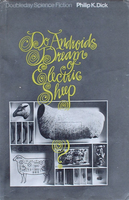
recomendaciones
List includes: I, Robot, Philadelphia, Do Androids Dream of Electric Sheep?
September 2020
0
@Asis